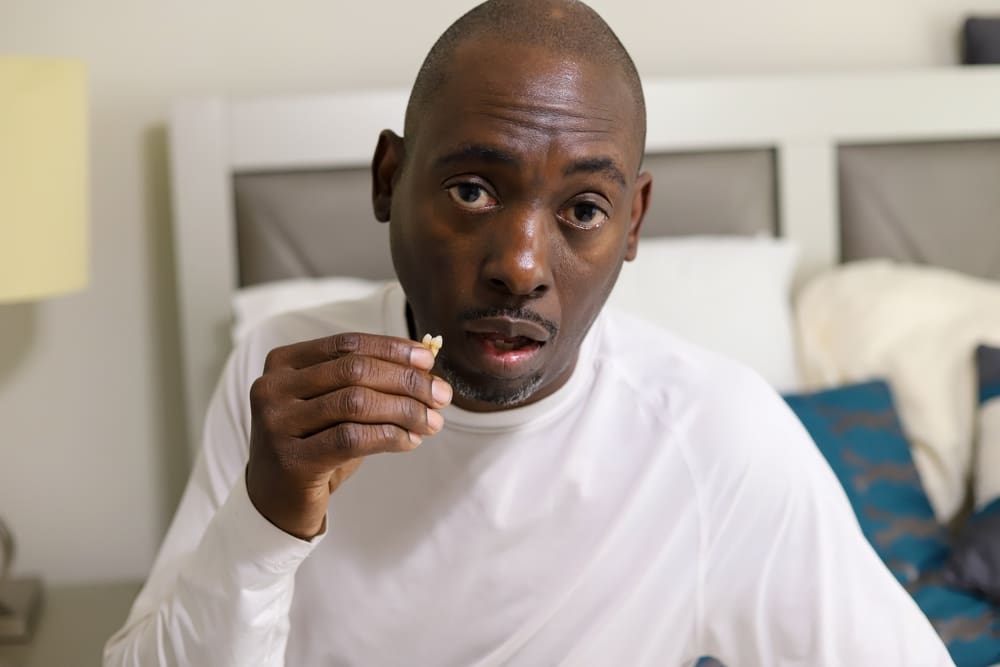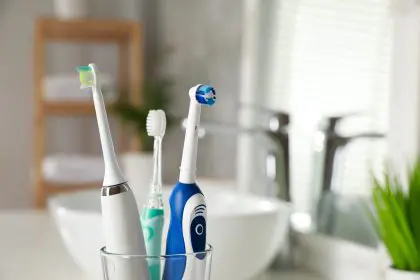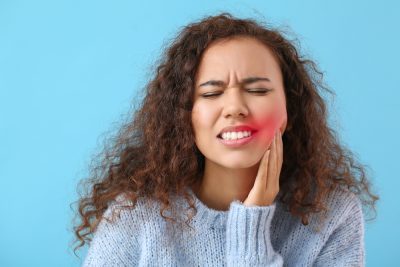A radiant, healthy smile is more than a mere reflection of aesthetic appeal; it stands as a vital gauge of overall well-being. Recent research has brought to light a startling revelation connecting missing teeth to life expectancy.
Oral health transcends cosmetic concerns; it serves as a gateway to our overall health. The mouth, intricately connected to the body’s systems, plays a pivotal role in our physiological equilibrium. As we unravel the intricate relationship between missing teeth and life expectancy, we uncover a narrative that emphasizes the importance of oral care in preserving not only our smiles but also our longevity and quality of life.
The connection between oral health and overall well-being
Oral health goes beyond having a beautiful smile. It serves as a mirror reflecting the state of our overall health. The mouth is a gateway to the body, and any issues within it can potentially affect various organs and systems. Recent research has uncovered a surprising link between missing teeth and life expectancy, shedding light on the importance of maintaining good oral hygiene.
The role of missing teeth in general health
When teeth are lost, it’s not just a cosmetic concern. Missing teeth can have a cascading effect on overall health. One of the primary reasons is the impact on nutrition. Chewing, a fundamental aspect of the digestive process, becomes compromised with missing teeth, leading to a potential decrease in nutrient absorption.
Moreover, the gap left by a missing tooth can affect the surrounding teeth and jawbone, causing a shift in alignment. This misalignment can contribute to issues like temporomandibular joint (TMJ) disorders, which can further impact overall well-being.
The link to chronic diseases
Research indicates that individuals with poor oral health, including missing teeth, may be at a higher risk of developing chronic diseases. Conditions such as cardiovascular disease and diabetes have been associated with oral health issues. The inflammation and infections that can arise from untreated dental problems may contribute to the development or exacerbation of these systemic conditions, ultimately affecting life expectancy.
Preventive measures and maintenance
The good news is that maintaining good oral health is within our control. Adopting a regular oral care routine — including brushing, flossing and regular dental checkups — can significantly reduce the risk of tooth loss and associated health issues.
For those already dealing with missing teeth, modern dentistry offers various solutions, including dental implants, bridges and dentures. Seeking prompt dental care and exploring appropriate treatments not only restores the aesthetic appeal of a smile but also contributes to overall health and potentially increases life expectancy.
The psychological impact
Beyond the physical aspects, missing teeth can also have a psychological impact. Many individuals with tooth loss experience a decrease in self-esteem and confidence, leading to social withdrawal. The mental health implications of such social isolation can contribute to stress and anxiety, indirectly affecting life expectancy.
The unexpected association between missing teeth and life expectancy underscores the critical role oral health plays in our overall well-being. Neglecting this integral component of self-care can have profound and far-reaching consequences on our health. Individuals must acknowledge the intricate connection between tooth loss and various health issues, prompting a proactive approach to oral care. Seeking professional assistance when needed and adhering to a consistent oral hygiene routine becomes not just a matter of maintaining a radiant smile but a fundamental investment in one’s well-being and longevity.
This story was created using AI technology.















